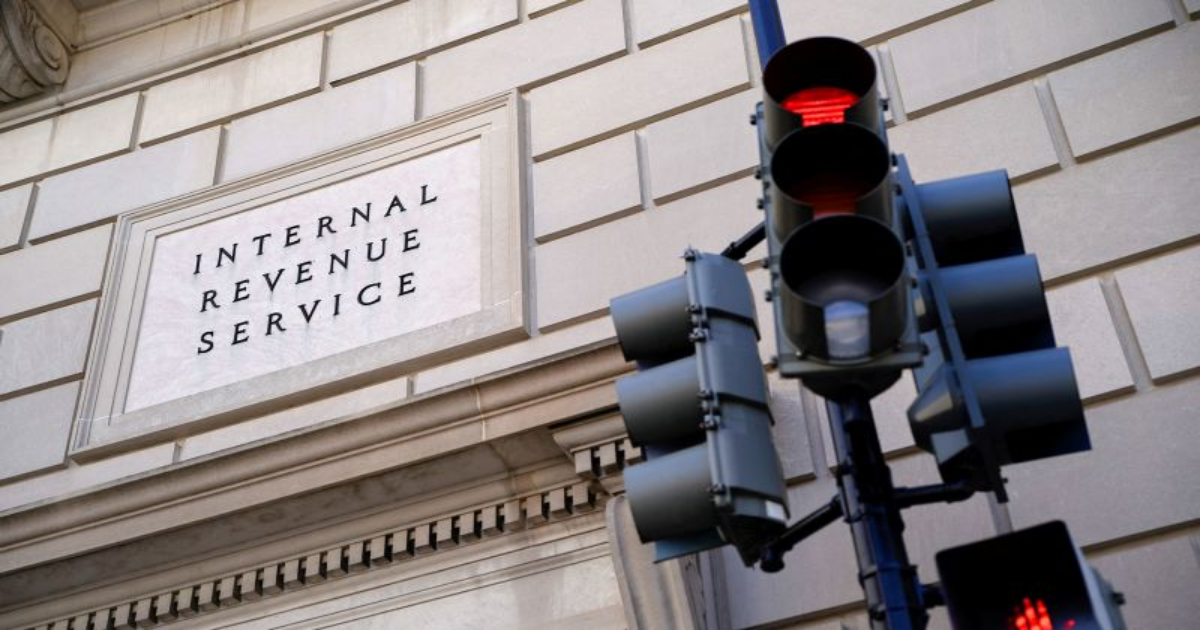A version of this story appeared in CNN’s What Matters newsletter. To get it in your inbox, sign up for free here.
CNN —
CNN’s report that the IRS is making plans to revoke Harvard University’s tax-exempt status the day after President Donald Trump suggested it represents an unprecedented use of presidential power over the tax code.
While there are examples of colleges losing or failing to achieve tax-exempt status, this has never come on the heels of a president’s express wish. The IRS is supposed to be immune from politics.
US law specifically prohibits presidents from directing the IRS to investigate anyone in a section entitled: “Prohibition on executive branch influence over taxpayer audits and other investigations.”
While the IRS falls under the Treasury Department, it’s important that it be as protected from politics as possible. That’s why the IRS has only two politically appointed officials, according to Mark Mazur, who was assistant secretary of treasury for tax policy at the outset of the Biden administration
The US has higher voluntary tax payment rates than other countries, Mazur told me, “because people feel that their interactions with the tax system are fair and based on law.”
If the IRS is suddenly used for political purposes, that trust could be destroyed. During the Obama administration, for instance, the IRS became embroiled in a bona fide scandal when a Treasury Department investigation found the IRS delayed conferring tax-exempt status on conservative groups.
If the IRS did find that its tax-exempt status should be revoked, Harvard would need to be warned and given an opportunity to contest the finding. It would also have the opportunity to challenge the IRS in court.
There is already a lot of chaos at the IRS under the new Trump administration. Multiple acting commissioners have resigned, apparently the result a standoff over whether tax data could be used by immigration officials.
Back in 1983, the Supreme Court agreed that Bob Jones University should not be tax-exempt because, at the time, it banned interracial relationships among its students.
The university didn’t drop its interracial marriage policy until 2000 — in an announcement on CNN’s Larry King Live, coincidentally — although it did not regain its tax-exempt status until 2017.
The US has now come full circle to the point that one of the main gripes Trump has with Harvard is its diversity programs.
If there’s one American university that should be able to stand up to the Trump administration, it’s Harvard.
The nation’s most famous institution of higher learning has resources. Its endowment exceeds $50 billion.
It also has allies. A shocking number of Republican and Democratic lawmakers are alumni — nearly 10% of representatives and nearly 20% of senators, according to one estimate.
But for all of its wealth and cachet, the institution relies on federal funding and its tax-exempt status like every other major research university.
After Harvard rejected the Trump administration’s demand for access to and review of Harvard’s employment, hiring and admissions data, as well as the discontinuation of all diversity programs, Trump said on social media that the university’s tax-exempt status should be rescinded.
The long-term question will be what would happen to Harvard without federal dollars and exemption from billions of dollars it might owe in taxes if it lost that status — not only to the federal government, but perhaps also to the state of Massachusetts.

Harvard, along with most major public and private US colleges, is exempt from paying taxes because of its status as a nonprofit organization.
Like churches and charities, universities fall under section 501(c)3 of US tax code. The idea, which is written into the law, is that their benefit to society — in this case, education and research — outweighs the need for the tax base they would provide.
Not all institutes of higher learning go this route, as Trump is intimately aware. His now-defunct Trump University was a for-profit organization that was sued for fraud by former presidents. Trump settled the lawsuits.
Tax-exempt universities, on the other hand, must refrain from endorsing candidates or influencing legislation, among other things. They must publicly provide annual reports on their activities and finances.
The IRS and the US have challenged the tax-exempt status of universities and other organizations, as occurred with South Carolina’s fundamentalist Bob Jones University.
The IRS challenged Bob Jones’ status in 1970, but the Supreme Court didn’t rule until 1983 that in order to be tax-exempt an organization must, “demonstrably serve and be in harmony with the public interest, and the institution’s purpose must not be so at odds with the common community conscience as to undermine any public benefit that might otherwise be conferred.”
For many years the IRS withheld tax-exempt status granted to religious organizations from the Church of Scientology, but reversed course in 1997 after a long and unconventional campaign by Scientologists.
Interestingly, the tax law Trump signed during his first term levied a new tax on the wealthiest universities, including Harvard. The 1.4% excise tax on universities with more than $500,000 per student in their endowments applied to 58 universities in 2022, according to the Tax Policy Center, and raised $244 million. That tax still exists today.
Lawmakers are currently revisiting that law, and it could provide another opportunity to take a hard look at the taxes paid — or not — by universities.
